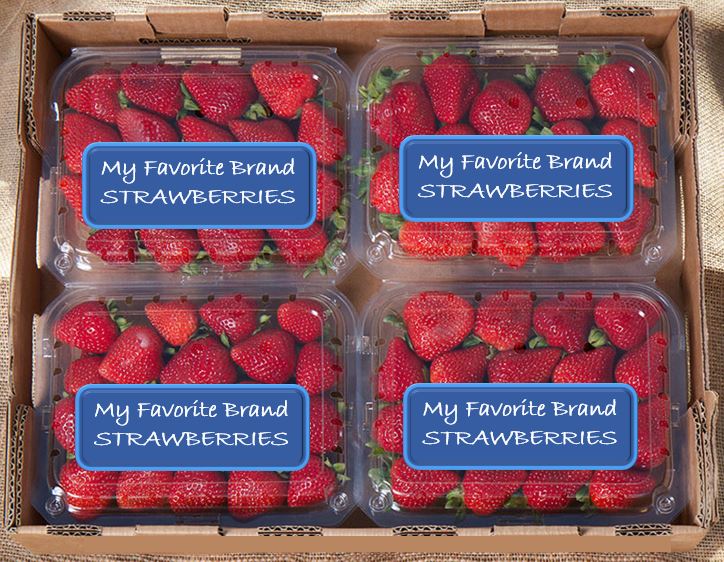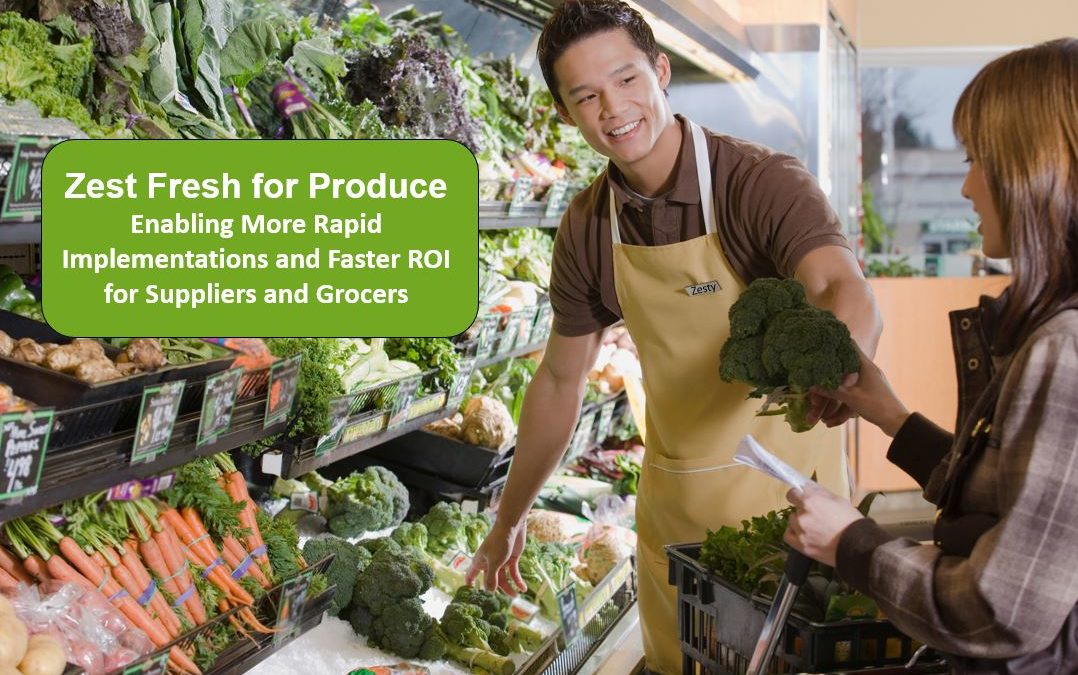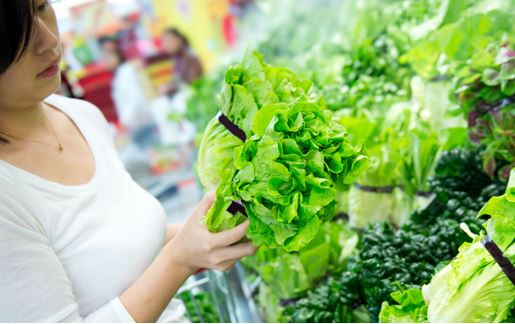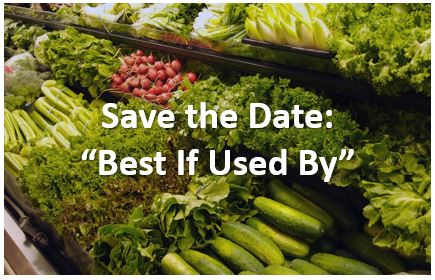
by Kevin Payne | Aug 27, 2019 | Freshness Management, Operational Efficiency, Supply Chain
When it comes to improving operational efficiency, many cite the famous quote “You can’t manage what you can’t measure.” This quote is often attributed to W. Edwards Deming (pictured left), the man who revolutionized the Japanese manufacturing industry, or Peter Drucker (pictured right), considered by many as the father of modern management theory. Apparently neither of them actually said this quote or used it in the way it is generally perceived according to these sources (citation 1, citation 2, citation 3). While some will debate...Continue Reading...

by Kevin Payne | Aug 20, 2019 | Freshness Management, Retail Grocery, Uncategorized
Steve Lutz recently wrote an article about brand marketing for The Packer “Three Major Trends That Moved the Produce Industry.” In the article, Lutz writes that he believes, from a sales and marketing standpoint, there have been three key trends over the last 25 years: Generic commodities were replaced by new varieties, but proprietary brands will control the future. Growers have gone from being data blind to become full category partners with complete access to a suite of supermarket sales metrics. Bulk items are being...Continue Reading...

by Kevin Payne | Jul 10, 2019 | Freshness Management
Today, Zest Labs announced the availability of three new modularized components of our Zest Fresh for Produce solution, each of which are built on the Zest Fresh platform. The three new Zest Fresh for Produce modules make it simpler and faster for suppliers, restaurants and grocers to trial and deploy our solutions to improve operational efficiency and ensure delivered freshness, while reducing field-to-store food waste and increasing customer satisfaction. Solving the Food Waste Problem Food waste is a significant problem....Continue Reading...

by Kevin Payne | Jun 10, 2019 | Freshness Management, Retail Grocery
Shelf-life variability can have a significant impact on customer satisfaction and loyalty to a grocery store. According to the Food Marketing Institute, the number one reason a shopper chooses a grocery store is because of “high quality fruits and vegetables” with 80 percent of people rating this as their primary motivation. Too many customers, however, have had the unfortunate experience of purchasing produce that looks good on the store shelf only to have it “go bad” at home shortly after they purchase it and before they consume...Continue Reading...

by Kevin Payne | Jun 4, 2019 | Food Safety, Food Waste, Freshness Management
On May 23, 2019, the Food and Drug Administration (FDA) issued a letter urging industry-wide adoption of a “Best If Used By” date. The letter seeks to simplify what has for years been a somewhat random system of various dates printed on foods that generally confused consumers and led to waste because consumers – often incorrectly – threw out food because of a printed date, even if the food was still safe to eat. It’s interesting to note that there is only one category of foods that require date labeling: infant formula. For...Continue Reading...

by Kevin Payne | Apr 23, 2019 | Freshness Management
Cold supply chain variability is, oddly, a constant. And, the impact of delays and other variables on freshness and quality can be significant. Politics aside, this issue has been highlighted of late due to delays of getting trucks across the border from Mexico into the USA. According to an article in Fresh Fruit Portal “Producers of strawberries, blueberries, raspberries and blackberries have on average experienced a 20% drop in sales as the extended wait times crossing into the U.S. have resulted in reduced shelf life for the...Continue Reading...








